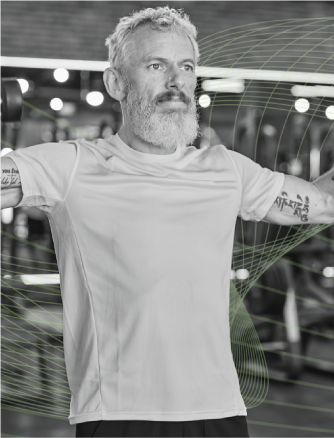When it comes to cardiac monitoring, choosing the right solution is critical for ensuring accurate diagnosis and timely intervention. Two of the most commonly used tools are Holter monitors and Cardiac Outpatient Monitors. But how do these technologies differ, and which one is best suited for your needs?
What is Holter Monitoring?
A Holter monitor is a portable device that continuously records the electrical activity of your heart over a period of 24 to 48 hours. It’s often used to detect irregular heartbeats or arrhythmias that may not show up during a brief ECG exam at your doctor’s office. Patients wear the device as they go about their daily routine, allowing for continuous data collection.
To learn more about Holter monitors, click here.
What is Cardiac Outpatient Monitoring ?
Unlike Holter monitors, Cardiac Outpatient Monitoring devices are designed to provide continuous, real-time monitoring over extended periods, sometimes up to 30 days. These devices can send data wirelessly to healthcare providers, enabling immediate intervention if an abnormal heart rhythm is detected.
To learn more about Cardiac Outpatient Monitoring, click here.
Key Differences
- Duration: Holter monitors are used for shorter periods (typically 24-48 hours), while Cardiac Outpatient Monitoring provides continuous monitoring for up to 30 days.
- Data Transmission: Holter monitors require the data to be downloaded and analyzed later, while Cardiac Outpatient Monitoring transmits data in real-time.
- Use Cases: Holter monitors are ideal for detecting arrhythmias that occur sporadically, while Cardiac Outpatient Monitoring is better suited for continuous, long-term monitoring of high-risk patients.
Which is Right for You?
If you have occasional symptoms like palpitations or dizziness, a Holter monitor may be sufficient. However, if you have a history of heart disease or are at risk for more serious arrhythmias Cardiac Outpatient Monitoring could provide the constant vigilance needed to ensure your safety.
Biotricity’s Biocore: An Innovative Cardiac Monitoring Solution
Biotricity‘s Biocore device offers advanced features that enhance patient comfort and provide clinically superior data:
- 1 Device Capable of all Cardiac Studies: While other monitoring devices are limited to performing 1 type of cardiac test (e.g. Holter OR Cardiac Outpatient Monitoring), Biocore is able to perform all cardiac studies in one compact device.
- 3-Channel Recording: Captures more detailed information about your heart’s electrical activity vs 1- or 2-channel devices.
- Small and Discreet: Biocore can be worn in 2 different positions to maximize patient comfort, allowing patients to maintain their daily routine.
- Patient-Friendly App: Easy to use and allows you to track your symptoms and activity levels. Patients can access support 24/7 through the app, improving compliance and engagement.
If you’re experiencing any symptoms of a heart condition, talk to your doctor about whether cardiac monitoring with the Biotricity’s Biocore is right for you.






